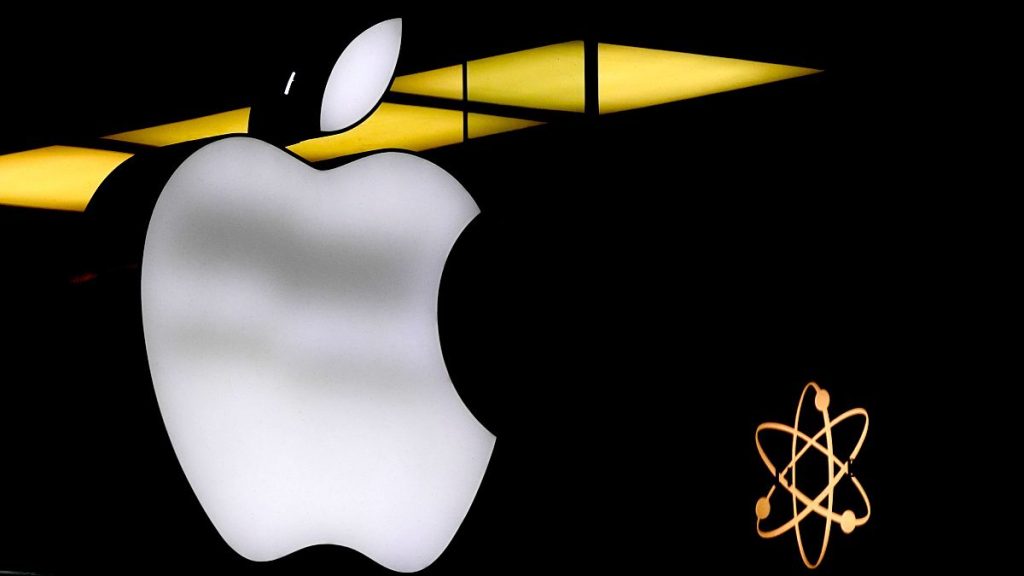The EU’s highest court is set to make landmark rulings tomorrow on two billion-euro disputes involving tech giants Apple and Google. The first case involves a longstanding conflict over the low tax bill that Apple paid in Ireland, following the LuxLeaks scandal in 2014. The second case involves a record-breaking €2.4 billion fine imposed on Google for directing traffic to its own price-comparison service, Google Shopping, using its dominant search engine. These rulings will likely mark the end of EU competition commissioner Margrethe Vestager’s tenure, which began with clampdowns on sweetheart tax deals with multinationals.
Vestager’s efforts to combat tax evasion by multinational corporations were met with mixed success in the courts. While her probes against companies like Starbucks, Fiat Chrysler, and Amazon led to the nickname “tax lady” from former US President Donald Trump, they also prompted national and international reforms to close tax loopholes. The upcoming rulings are significant as they come after the EU passed new laws to regulate big tech companies and prevent anticompetitive behavior by digital gatekeepers. This is a crucial moment as MEPs prepare to question future EU tax and competition commissioners, giving lawmakers a rare chance to influence these areas.
Google previously lost its appeal in the General Court, and tomorrow the Court of Justice will issue its final verdict. On the other hand, Apple won its case in 2020, potentially avoiding repaying over €13 billion in back taxes to the Irish government. However, opinions from experts in November and January suggest that the Court of Justice may rule in favor of the Commission in both cases. This shift could have significant implications not only for Apple and Google but also for other tech giants facing scrutiny over their tax practices and competition violations.
The EU’s intervention in tax deals between member states and multinationals is a rare move, as tax policy is typically set by national governments. Vestager’s actions have brought attention to the issue of tax avoidance by large corporations and have led to increased scrutiny and pressure for reform at both the national and international levels. The outcome of tomorrow’s rulings will be closely watched as they may set a precedent for future cases involving tech companies and their tax practices.
Overall, the upcoming judgments by the EU’s highest court in the cases involving Apple and Google represent a significant moment in the fight against tax evasion and anticompetitive behavior by big tech companies. These rulings could have far-reaching implications for how multinational corporations are held accountable for their tax practices and could shape future regulations regarding tech giants in the EU. As MEPs prepare to question future EU commissioners on tax and competition issues, these rulings will be closely scrutinized for their impact on the ongoing efforts to regulate big tech and ensure fair competition in the European market.


